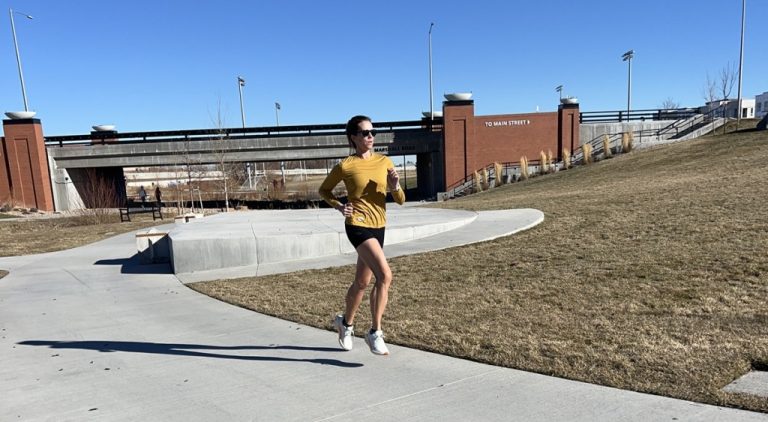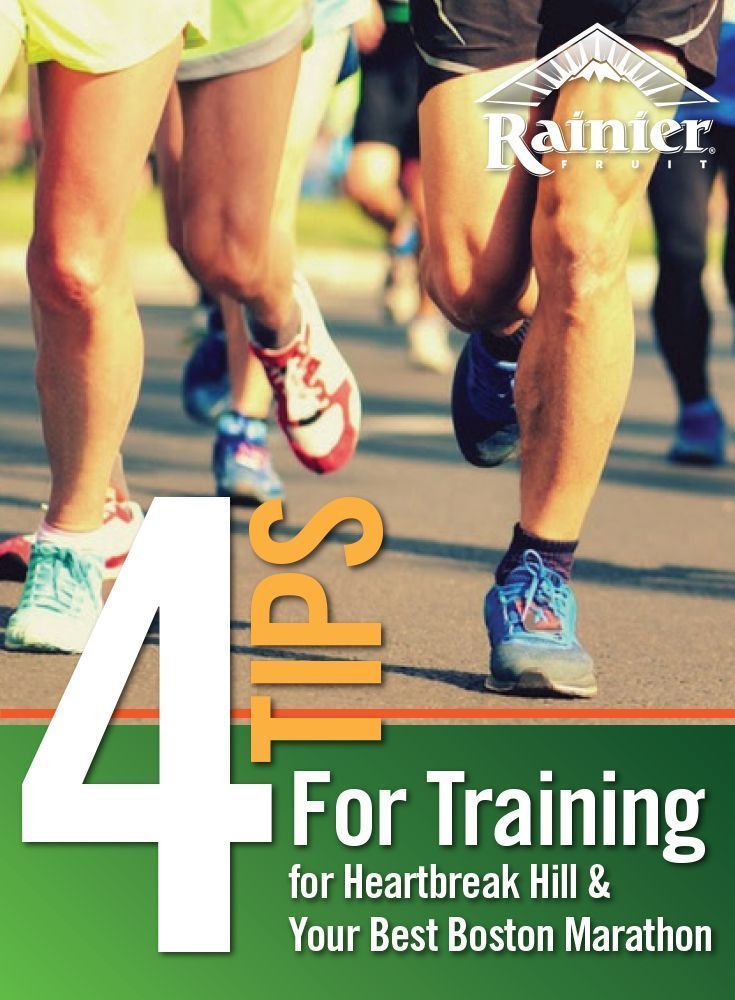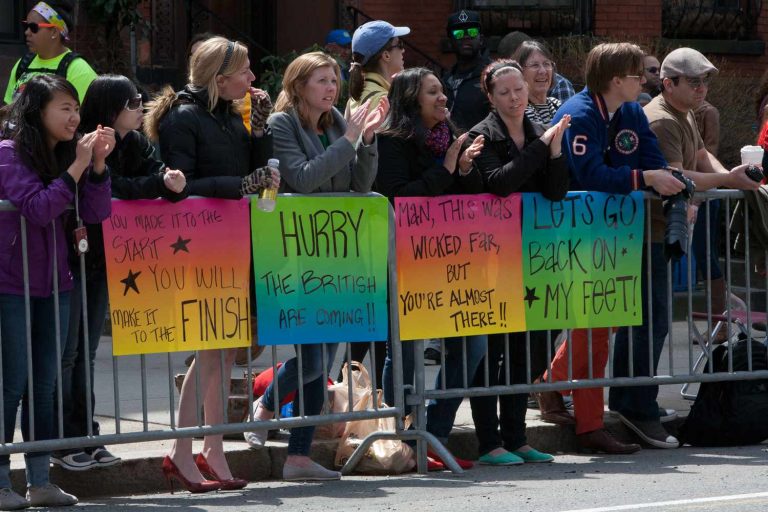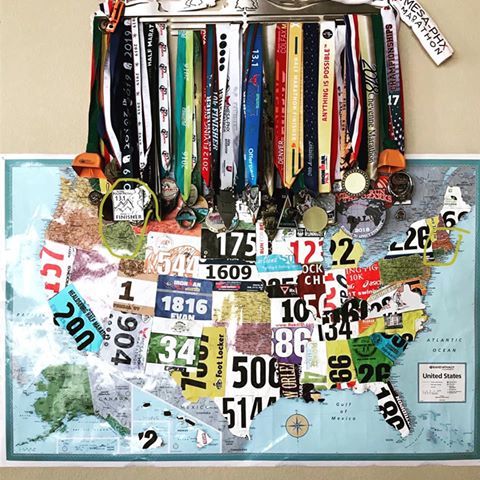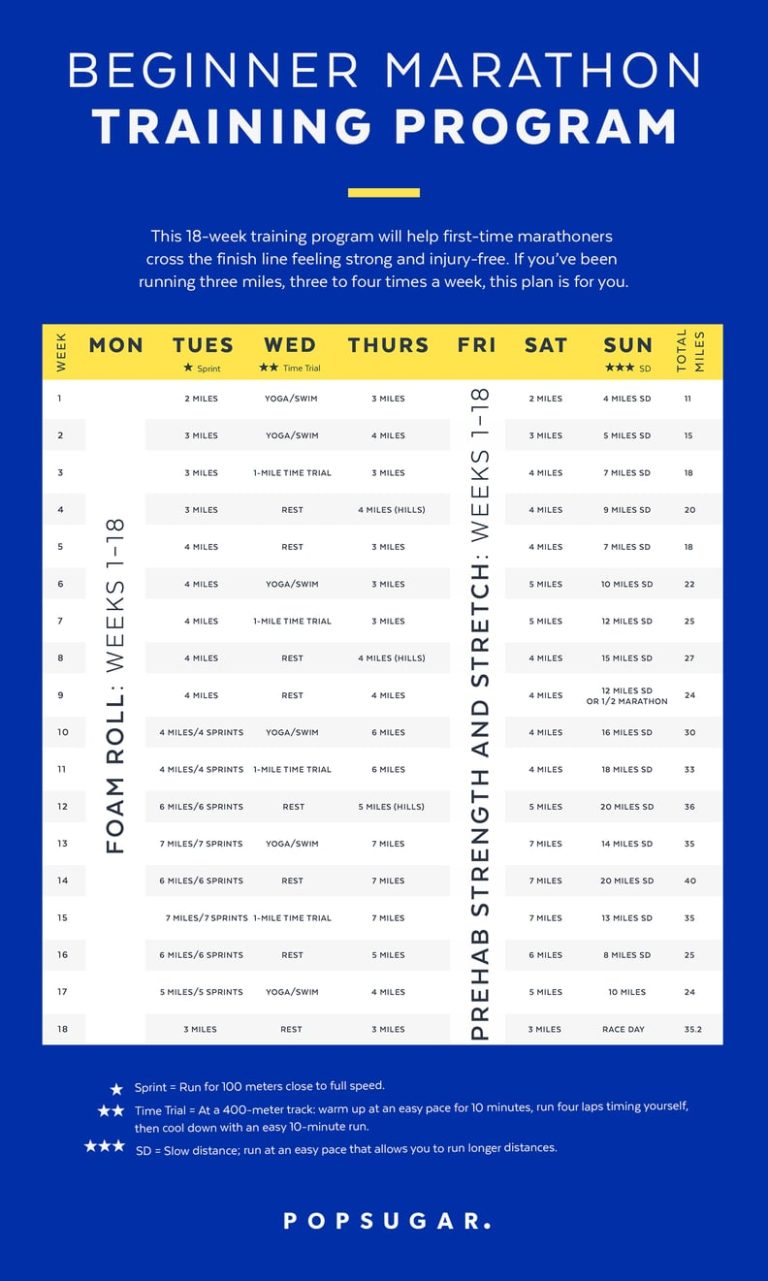Why Can’t I Sleep After an Ultra Marathon
After an ultra marathon, you may struggle to sleep due to a combination of physical exhaustion and heightened adrenaline levels, making it difficult for your body to relax and unwind. Lack of sleep can also be attributed to muscle soreness and discomfort that may linger after the intense physical activity.
Completing an ultra marathon is a remarkable achievement that requires immense endurance, mental strength, and physical exertion. However, the aftermath of this extraordinary accomplishment may leave some athletes wondering why they struggle to catch some much-needed shut-eye. The answer lies in the combination of physical exhaustion and heightened adrenaline levels experienced during and after the event, making it challenging for the body to find a state of relaxation and restorative sleep.
Additionally, muscular soreness and discomfort can further contribute to the sleep difficulties faced by post-ultra marathon participants. We will delve into why sleep can elude those who have conquered an ultra marathon and explore strategies to help alleviate this issue, ensuring both physical recovery and peaceful slumber.

Credit: www.olyrun.com
Factors Affecting Sleep Post Ultra Marathon
After completing an ultra marathon, many athletes find themselves struggling to get a good night’s sleep. This can be attributed to several factors affecting sleep post ultra marathon. These include physical exhaustion and elevated cortisol levels, which can significantly impact an athlete’s ability to rest and recover. Understanding and addressing these factors is crucial for promoting better sleep quality after an ultra marathon.
Physical Exhaustion
Physical exhaustion is a major contributing factor to sleep disturbances after an ultra marathon. The intense physical exertion during the event can lead to muscle soreness, fatigue, and overall physical depletion. These discomforts and sensations can make it difficult for athletes to find a comfortable and restful position to sleep in, leading to disrupted sleep patterns and frequent waking during the night.
Elevated Cortisol Levels
Elevated cortisol levels in the body following an ultra marathon can also interfere with sleep. The stress of the event triggers the release of cortisol, a hormone associated with the body’s “fight or flight” response. This can leave athletes feeling wired and unable to relax, making it challenging to fall asleep and stay asleep for a sufficient duration.
Impact Of Ultra Marathon On Sleep Patterns
After an ultra marathon, disrupted sleep patterns are common due to physical and mental stress. The body requires time to recover, leading to difficulty falling asleep post-race. This impact on sleep quality is temporary but essential for proper recovery.
Impact of Ultra Marathon on Sleep Patterns Participating in an ultra marathon is an extraordinary feat that pushes the body to its physical limits. The intense physical exertion, combined with the mental focus required, can have a significant impact on various aspects of the body’s functioning, including sleep patterns. There are two key factors that contribute to the disruption of sleep after an ultra marathon: the disruption of the circadian rhythm and the increased stress levels experienced by the body. Let’s delve into each of these factors to understand why getting a good night’s sleep after an ultra marathon can be challenging.Disruption Of Circadian Rhythm
When you push your body to extreme levels during an ultra marathon, it not only affects your muscles and energy levels but also has an impact on your circadian rhythm, also known as your internal body clock. This internal clock regulates various biological processes, including the sleep-wake cycle. The physical and mental exhaustion experienced during an ultra marathon can throw this rhythm out of sync, leading to disrupted sleep patterns. Prolonged endurance activities can disrupt the body’s natural rhythm as the body has to adapt to different sleep-wake patterns before, during, and after the event. Furthermore, the exposure to sunlight during the race, especially if it takes place over multiple days, can confuse the body’s internal clock, further exacerbating the sleep disturbance experienced post-race.- This disruption of the circadian rhythm can result in difficulty falling asleep, staying asleep, or experiencing restorative sleep, leaving you feeling fatigued despite your efforts to rest.
- It may take some time for your body to readjust and return to its usual sleep patterns.
Increased Stress
Ultra marathons can induce significant physical and mental stress on the body. The prolonged physical exertion and the mental determination required to complete the race can lead to an increase in stress levels. This heightened stress response triggers the release of stress hormones like cortisol, which can impact sleep. Stress hormones can disrupt the sleep-wake cycle, making it difficult to fall asleep and stay asleep. Additionally, the increased adrenaline levels during the race can keep you alert and make it harder to wind down and relax once the race is over.- The physical stress and increased cortisol levels can leave your body in a state of hyperarousal, making it challenging to calm down and fall asleep.
- It’s not uncommon to experience vivid dreams or nightmares after an ultra marathon due to the impact of stress on sleep quality.
Tips For Improving Post-race Sleep
After completing an ultra marathon, getting quality sleep can be a challenge. The physical exertion, heightened adrenaline levels, and the general excitement of completing such a demanding race can leave your body and mind feeling restless. However, there are strategies you can implement to improve your post-race sleep and help your body recover more efficiently.
Establishing A Pre-sleep Routine
Creating a pre-sleep routine is crucial to prepare your body and mind for restful sleep after an ultra marathon. It signals to your brain that it’s time to wind down and promotes relaxation. Here are some tips to help you establish a pre-sleep routine:
- Avoid stimulants: Limit consumption of caffeine and other stimulants in the hours leading up to bedtime. These substances can interfere with sleep and make it harder to fall asleep.
- Unplug from screens: Dim the lights and turn off electronic devices such as laptops, smartphones, and tablets at least an hour before bedtime. The blue light emitted by these devices can disrupt your body’s natural sleep-wake cycle.
- Engage in calming activities: Engage in activities that promote relaxation, such as reading a book, practicing gentle stretching exercises, or taking a warm bath. These activities help lower your heart rate and prepare your body for sleep.
Enhancing Sleep Environment
Your sleep environment plays a significant role in the quality of your sleep. Creating a conducive environment can encourage deeper and more restorative sleep. Consider the following tips for enhancing your sleep environment:
- Keep your bedroom cool and dark: Optimal sleep temperature ranges between 60-67°F (15-19°C), so adjust your thermostat accordingly. Use blackout curtains or eye masks to block out any excess light that can disrupt your sleep.
- Invest in a comfortable mattress and bedding: Your mattress should provide the right level of support and align your spine properly. Choose bedding that feels soft and comfortable to enhance your overall sleep experience.
- Minimize noise: If you live in a noisy area or have trouble sleeping with background noise, consider using earplugs or playing soothing sounds, such as white noise or nature sounds, to drown out external disturbances.
Incorporating these tips into your post-race routine can help improve your sleep quality and facilitate a faster recovery from your ultra marathon. Remember, sleep is essential for muscle repair, immune system function, and overall well-being, so prioritize it as part of your post-race recovery plan.

Credit: www.olyrun.com
Role Of Nutrition In Sleep Recovery
In the aftermath of an ultra marathon, many athletes face difficulty in falling asleep despite their fatigue. The role of nutrition in sleep recovery is crucial in addressing this issue. Proper nutrition not only aids in physical recovery but also supports the body in achieving restful, restorative sleep. Here, we will delve into the significance of hydration and a balanced diet for effective sleep recovery after an ultra marathon.
Hydration Importance
Hydration plays a critical role in sleep recovery after an ultra marathon. Dehydration can lead to increased cortisol levels, which can disrupt sleep patterns. Maintaining adequate hydration helps to regulate cortisol levels, promoting relaxation and enabling better sleep. It is essential to replenish lost fluids post-race to support the body’s recuperation and ensure a good night’s sleep.
Balanced Diet Effects
A balanced diet has a profound impact on sleep quality and recovery post-ultra marathon. Consuming a variety of nutrients such as complex carbohydrates, lean proteins, and healthy fats supports muscle repair and replenishes glycogen stores, aiding in physical recovery. Moreover, certain nutrients like tryptophan, found in foods like turkey and bananas, can promote the production of serotonin and melatonin, contributing to improved sleep quality and duration. Therefore, prioritizing a well-rounded diet rich in essential nutrients is paramount for effective sleep recovery.
Seeking Professional Guidance
Seeking professional guidance after experiencing sleep disturbances post an ultra marathon is crucial for your overall well-being and recovery process.
Consulting A Sleep Specialist
Consulting a sleep specialist can provide valuable insights into potential underlying issues affecting your sleep patterns.
Utilizing Recovery Strategies
Implementing effective recovery strategies can help restore your body to optimal functioning post-race.

Credit: trainright.com
Frequently Asked Questions On Why Can’t I Sleep After An Ultra Marathon
How Do You Sleep After An Ultra Marathon?
After an ultra marathon, prioritize rest, hydrate well, and do light stretching to relax muscles. Focus on a comfortable sleep environment, including a supportive mattress and calm surroundings. Consider a warm bath to aid relaxation. Good sleep hygiene, like a consistent bedtime, can also help promote a restful night’s sleep.
What Happens To Your Body After An Ultramarathon?
After an ultramarathon, your body undergoes various changes. Your muscles may feel sore and fatigued, and you may experience dehydration. In response to the intense physical exertion, your body releases endorphins, which can boost your mood. Additionally, your immune system may temporarily weaken.
Rest, hydration, and proper nutrition are crucial for recovery.
How Long Should You Rest After An Ultramarathon?
Resting after an ultramarathon is crucial. Generally, you should take at least 1-2 weeks to allow your body to recover fully. Listen to your body, focus on sleep, nutrition, and hydration, and gradually ease back into training to prevent injuries and aid in muscle repair and adaptation.
Conclusion
Sleep disturbances after an ultra marathon are common. Understanding the impact of physical and mental exhaustion, as well as strategies to promote recovery, can help athletes manage post-race sleep challenges. It’s important to prioritize rest and seek professional guidance when experiencing prolonged sleep issues.
Prioritizing recovery will support long-term health and performance.

